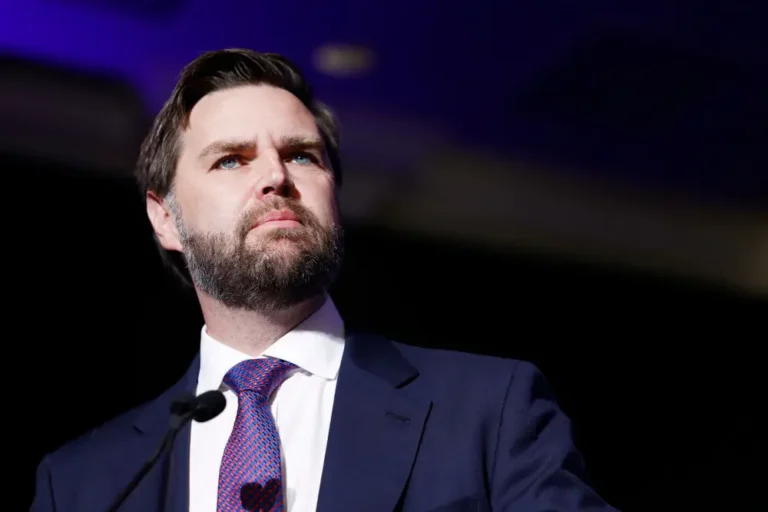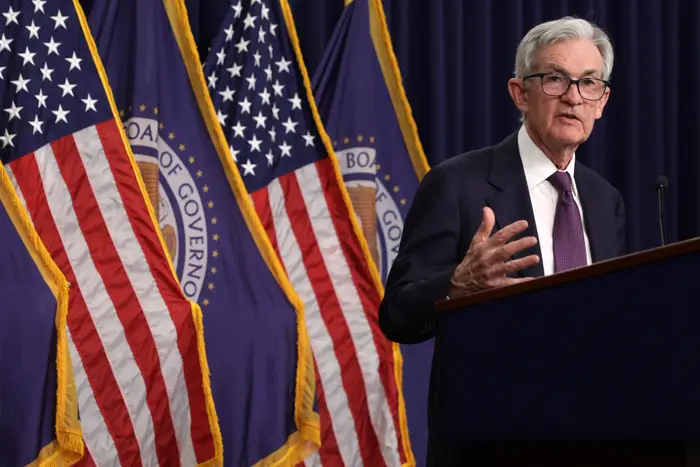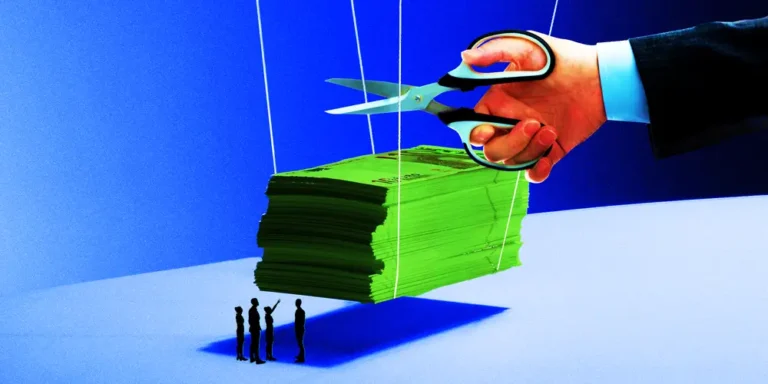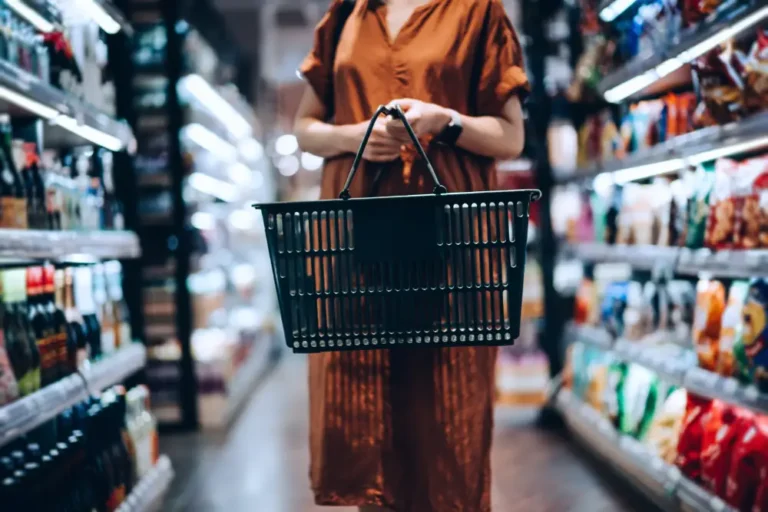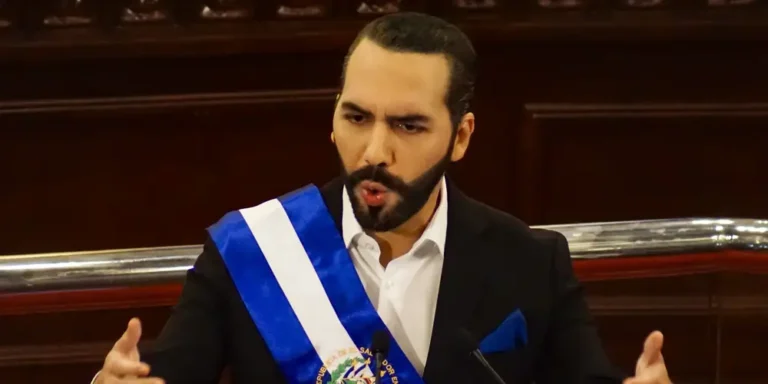Russia’s economy faces an ‘unsolvable trilemma’ but can survive for several more years, think tank expert says
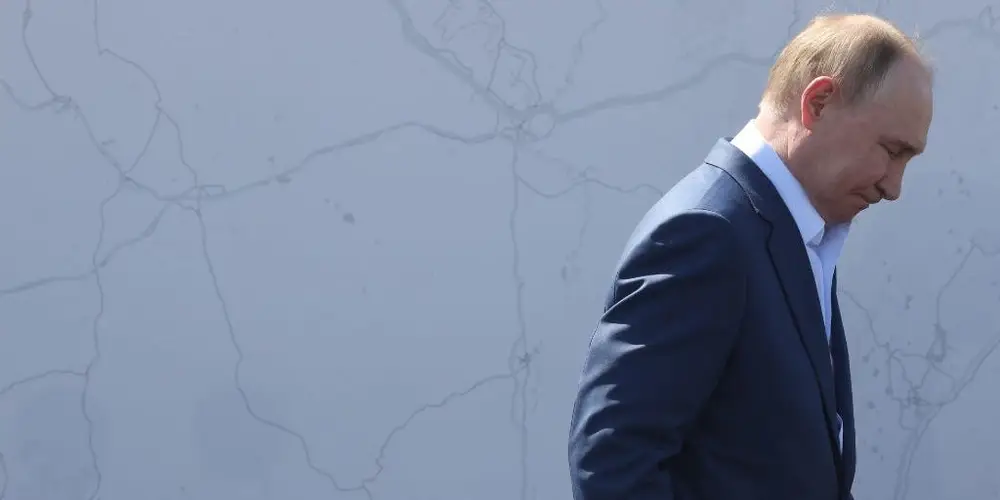
Russian President Vladimir Putin ordered his country’s army to be increased by 180,000 troops on Monday. Putin had previously ordered an increase of 137,000 troops and 170,000 troops in August 2022 and December 2023 respectively.
Moscow’s plan to ramp up defense spending will drive Russia’s economy into deeper trouble — and the country is facing insurmountable issues down the road, Alexandra Prokopenko, a fellow at the Carnegie Russia Eurasia Center fellow, wrote for the Financial Times.
Though troubles are mounting for the Kremlin, it will take years before it has to confront to its own overspending, Prokopenko said.
“This is an unpleasant truth for policymakers in Europe and the US,” she wrote. “Instead of hoping that Russia’s economic combat power will soon be exhausted, the West must focus on a long-term strategy that will further constrain Putin’s war machine and boost Ukraine’s own economic resilience.”
Last month, Russia hiked its 2025 national defense state spending by 25%, signaling its resolve to continue its war in Ukraine.
Defense and national security spending will account for 8% of GDP and 40% of all federal expenditures, Prokopeko said — the highest level since the Soviet Union’s collapse.
In boosting spending to such heights, Russian President Vladimir Putin is effectively dismissing brewing economic imbalances as other parts of the budget become squeezed. This shift toward a military-oriented economy could last up to eight years, she pred, but will come back to bite Russia down the road.
“The resources Putin can muster are not unlimited. By pouring more money into defense, the Kremlin is exacerbating existing economic imbalances,” Prokopenko wrote, adding: “Putin faces an unsolvable trilemma of simultaneously maintaining a balanced financial system, meeting social obligations and sustaining defense spending at current levels.”
These conditions will affect the nation’s public sector, as industries such as healthcare, education, and the sciences will lose access to resources.
Prokopenko suggested that the West should keep ratcheting up sanctions enforcement on Russia, which is increasing transaction costs for the Kremlin. In her view, this could speed up the timeline for Moscow to face tough choices.
Western restrictions are already weighing on Putin’s economic strategy, she noted. Sanctions have disrupted Russia’s ability to modernize its military, broken up supply chains and curbed financial transactions.
For instance, nearly all Chinese banks now refuse to transact with Russia, despite the importance of Beijing’s rising trade relationship with Moscow.
Meanwhile, Russia’s focus on defense has pushed wages up and sent inflation soaring — conditions that don’t bode well for the country’s broader economic health. By the country’s own estimates, GDP growth will start to stutter as soon as next year; paired with stubborn price growth, that puts Moscow on a risky path toward stagflation.

